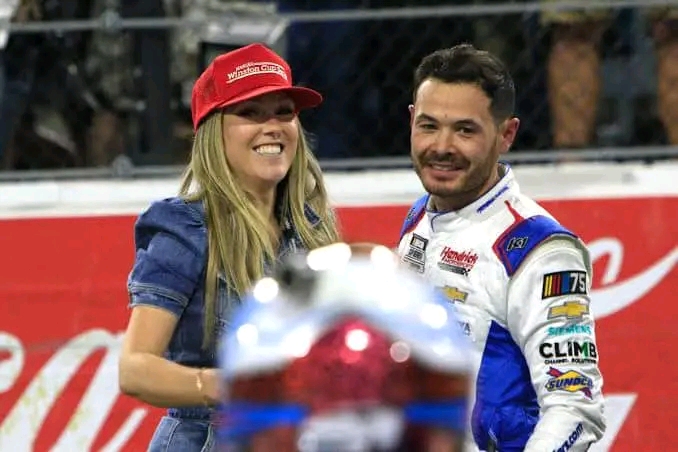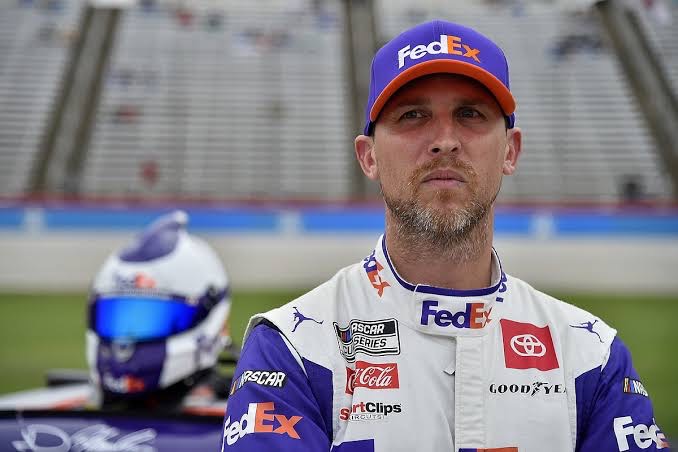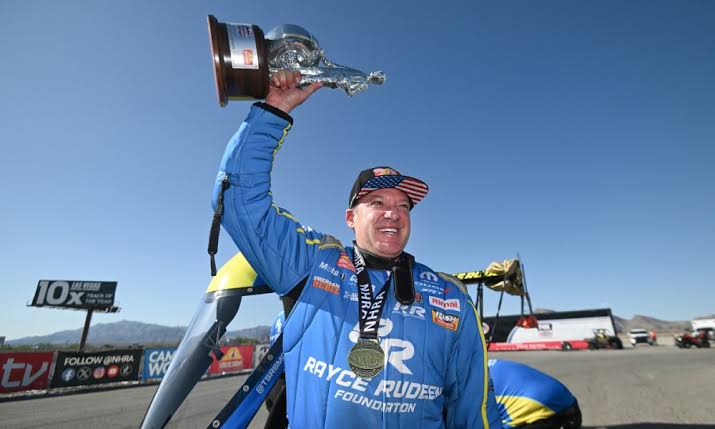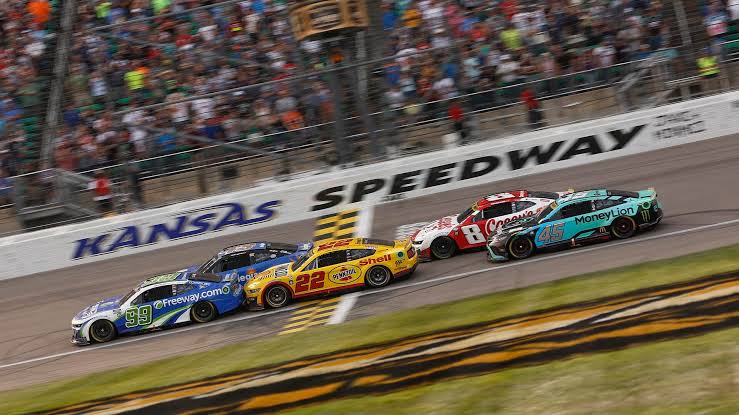Kyle Larson, the 2021 NASCAR Cup Series champion, has recently voiced his thoughts on the ongoing debate surrounding the sport’s future, admitting that team owners are hesitant to embrace changes due to potential financial consequences. His remarks come on the heels of a disappointing Playoff race at Bristol, which sparked widespread criticism from fans. The race, which was expected to deliver intense, competitive action, ultimately fell short, leading to concerns about NASCAR’s current direction.
Appearing on the “Dale Jr. Download Reloaded” podcast, Larson addressed some of the comments from fans and shed light on the complex dynamics within NASCAR, including the financial implications of the Next-Gen cars and how they affect the racing experience. He openly discussed the challenges of balancing fan expectations with the realities faced by team owners and the sport’s overall structure.
In recent months, conversations within the NASCAR community have increasingly focused on the performance of the Next-Gen cars, particularly their struggles on short tracks. The Bristol Playoff race served as a flashpoint for this growing frustration. With only eight lead changes throughout the event and Larson leading for an overwhelming 462 laps, many fans found the race to be dull and lacking excitement. Compared to the regular season race at Bristol, which had set high expectations, the Playoff race was seen as a letdown, leading to criticism of the Next-Gen cars’ design and performance.
Despite the growing dissatisfaction from fans, Larson has not backed down from defending the sport. During his appearance on the podcast, he noted that while fans and drivers have a right to voice their opinions, he doesn’t have the full perspective needed to make definitive comments about how the sport should move forward, particularly when it comes to decisions involving team owners and the financial aspects of the cars.
“I don’t know because, well for one, I’m not a car owner, so I don’t deal with that side of things,” Larson explained. “I think it’s easy for us to sit here and say, ‘Well, maybe the tires aren’t the biggest factor in how the races play out, and we need to look at changing things on the cars. Maybe we should tweak the aerodynamics or make other adjustments.’ But it’s more complicated than that.”
Larson went on to highlight the reluctance of team owners to endorse additional changes to the cars, as it would likely result in increased costs. “I think the team owners don’t want to change the cars because it’s going to cost them a lot of money. So, I don’t know—I think it’s just a tricky situation right now,” he admitted, acknowledging the financial pressures that complicate potential improvements to the cars and the racing experience.
However, Larson’s defense of the sport didn’t stop with his podcast appearance. His frustration over the fan ratings of the Bristol race spilled over onto social media. Fans had rated the race poorly, with many expressing disappointment in how it played out. Larson, clearly bothered by the negative feedback, took to X (formerly known as Twitter) to share his thoughts. While he didn’t hide his irritation with the fan response, his comments reflected his belief that the sport is still strong and worth defending.
The debate surrounding NASCAR’s Next-Gen cars, especially their performance on short tracks, continues to stir passionate conversations among fans, drivers, and team owners alike. While some argue that the cars need significant changes to improve the racing product, others, like Larson, recognize the complex factors at play, including the financial realities that may make such changes difficult to implement.
As NASCAR continues to evolve and navigate these challenges, it remains to be seen how the sport will address the concerns of its fanbase while balancing the interests of team owners and drivers. Larson’s comments have added to the ongoing dialogue, offering a glimpse into the intricate dynamics that define modern NASCAR racing.
Kyle Larson Drops Truth Bomb on NASCAR’s Future: ‘Team Owners Don’t Want Change




